Nội Dung Chính
(Page 87)
II. LANGUAGE
Pronunciation
Sentence stress
1. Listen and repeat. Pay attention to the stressed words in bold in the sentences. 🎧
1. We should 'finish the 'project for our 'history 'class.
2. 'Peter is re'vising for his e'xam 'next 'week.
3. 'Students will 'spend more 'time 'working with 'other 'classmates.
4. I 'like to 'watch 'videos that 'help me 'learn 'new 'things.
5. I have in'stalled some 'apps on my 'phone.
Tips
Sentence stress is the emphasis on certain words in a sentence. We usually stress content words such as main verbs, nouns, adjectives and adverbs.
Example: I'll 'go to the 'cinema on 'Friday.
2. Read and underline the stressed words in the sentences. Then practise reading them.
1. Our teacher often gives us videos to watch at home.
2. I never read books on my tablet at night.
3. It is a new way of learning and students really like it.
4. You can find a lot of useful tips on this website.
5. They should make an outline for their presentation.
(Page 88)
Vocabulary
Different ways of learning
1. Match the words and phrases with their meanings.
| 1. face-to-face (adj) | a. an intended plan to achieve a specific purpose |
| 2. prepare (for) (v) | b. a way of learning that combines online materials with traditional classroom methods |
| 3. strategy (n) | c. close together and facing each other online |
| 4. learning (n) | d. to make things ready to be used |
| 5. blended | e. a way of learning that happens on the Internet |
2. Complete the sentences with the words and phrases in 1.
1. _____ learning allows us to communicate with teachers immediately and directly.
2. One benefit of _____ is that you can learn anytime and anywhere.
3. Our teachers always encourage us to _____ lessons before class.
4. You need a specific _____ to improve your English speaking skills.
5. _____ combines online videos with traditional classroom methods.
Grammar
Relative clauses
1. Match the two parts to make complete sentences.
| 1. Mr Smith was talking to the students | a. that explains how to use voice recorders. |
| 2. The film which we saw yesterday | b. is Laura. |
| 3. The speaker, who will share new learning activities in our workshop, | c. which is in the middle of Việt Nam. |
| 4. We often go to Da Nang, | d. whose presentations were really impressive. |
| 5. My cousin gave me an instruction book | e. was quite interesting. |
💡Remember!
A relative clause gives more information about a person or thing by defining the noun before it. It usually begins with a relative pronoun: who, that, which or whose.
There are two types of relative clauses:
1. A defining relative clause gives essential information about the person or thing mentioned.
Example: The man who visited us yesterday is a famous doctor.
2. A non-defining relative clause gives extra information about the person or thing mentioned. It is often placed between commas.
Example: My uncle, who visited us yesterday, is a famous doctor.
2. Join the following sentences. Use who, that, which or whose. Add commas where necessary.
1. My brother teaches me how to use a laptop. He is good at computers.
-> My brother ___________________________________________________________.
2. Peter is a friend of mine. His sister is taking an online maths course.
-> Peter ___________________________________________________________.
3. Lan has read the book. I lent her the book.
-> Lan ___________________________________________________________.
4. The boy has designed this invention. He is only 10 years old.
-> The boy ___________________________________________________________.
5. That app is easy to use. It can help improve your English pronunciation.
-> That app ___________________________________________________________.
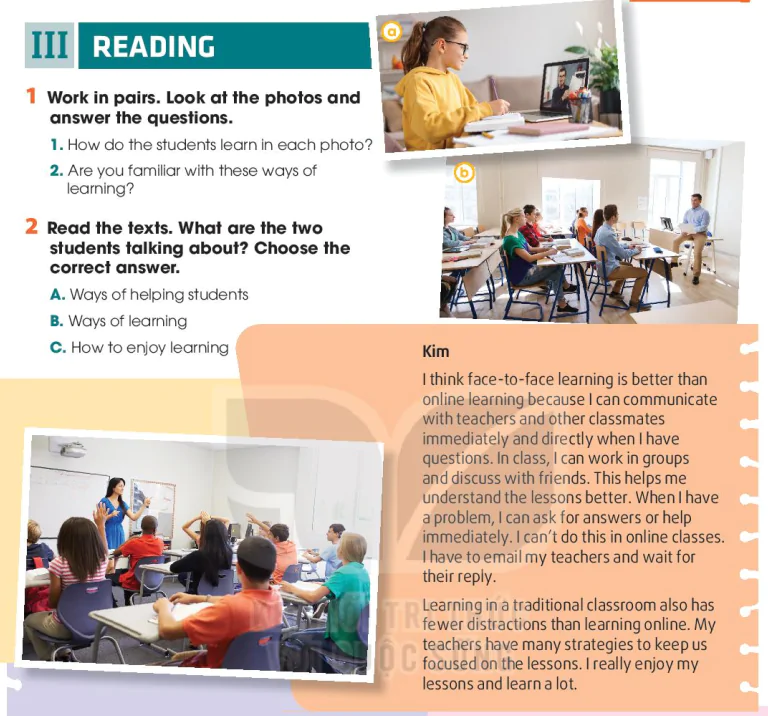
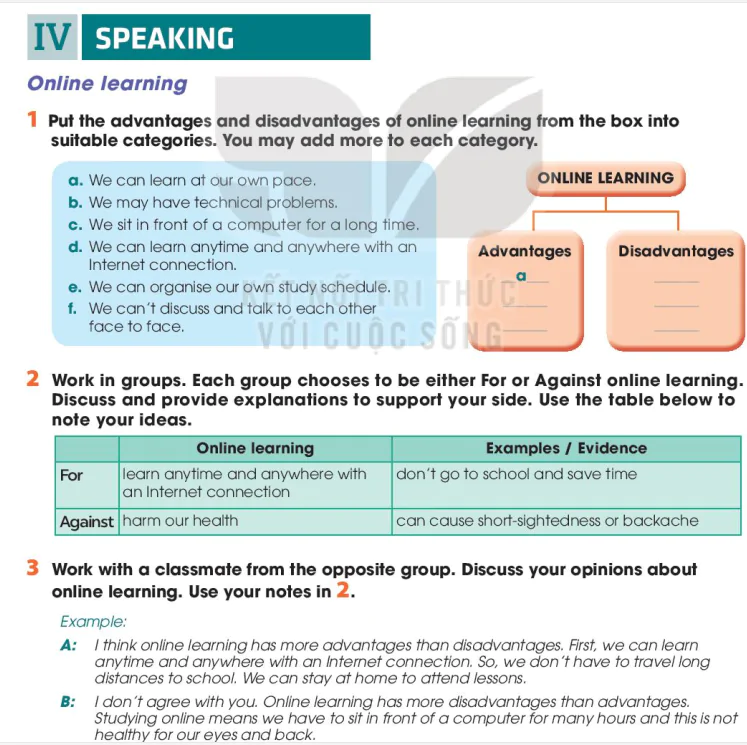
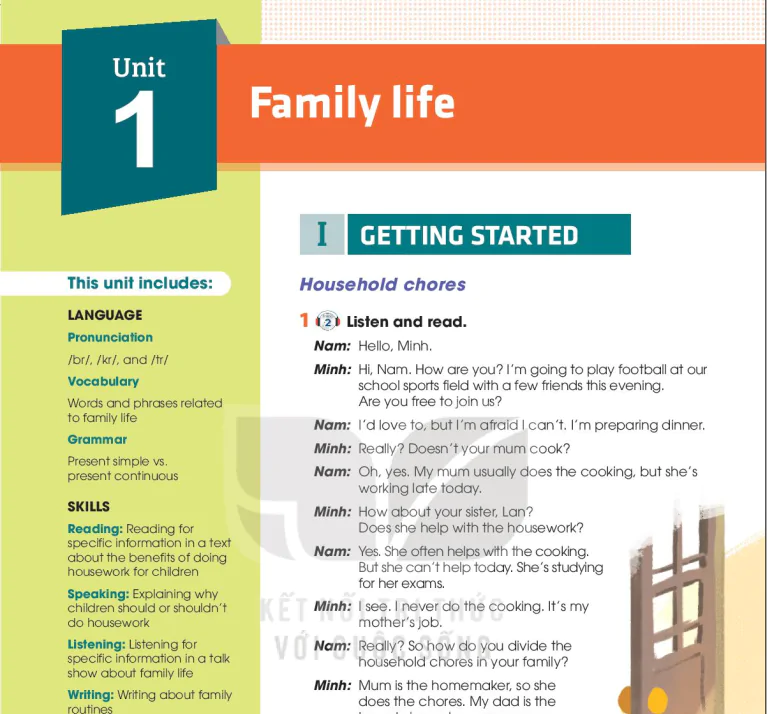
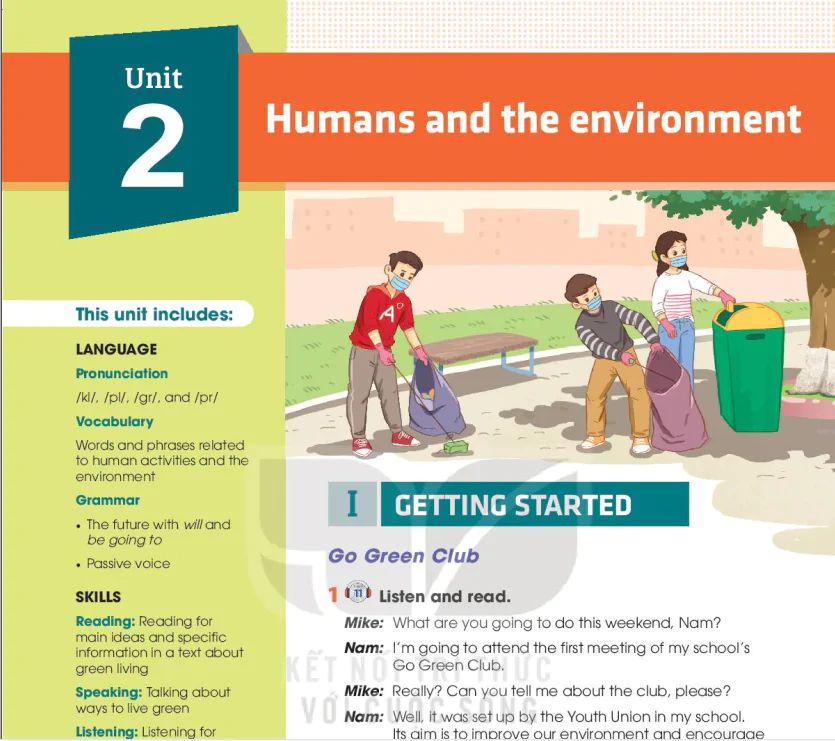
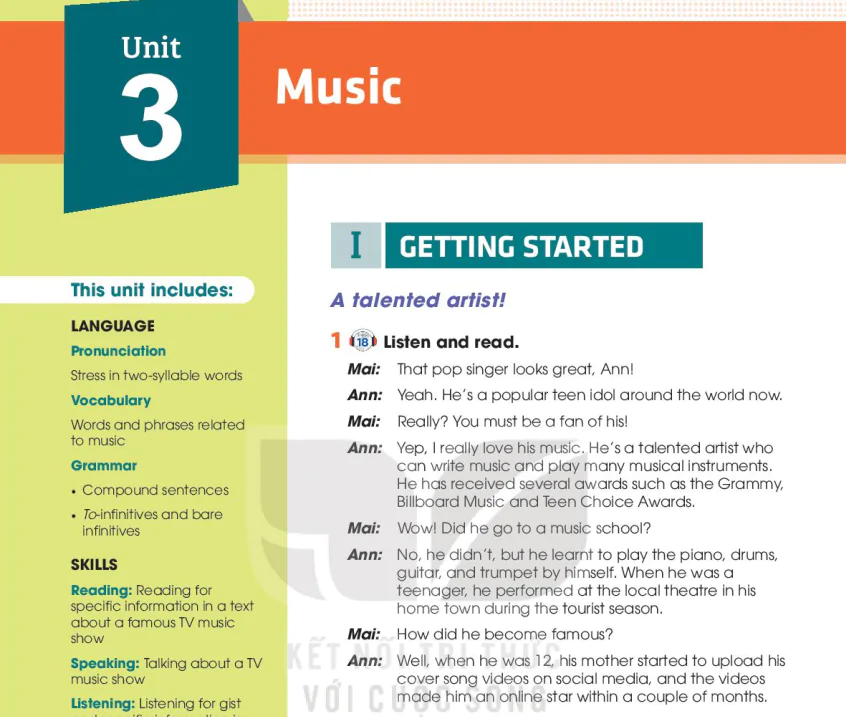
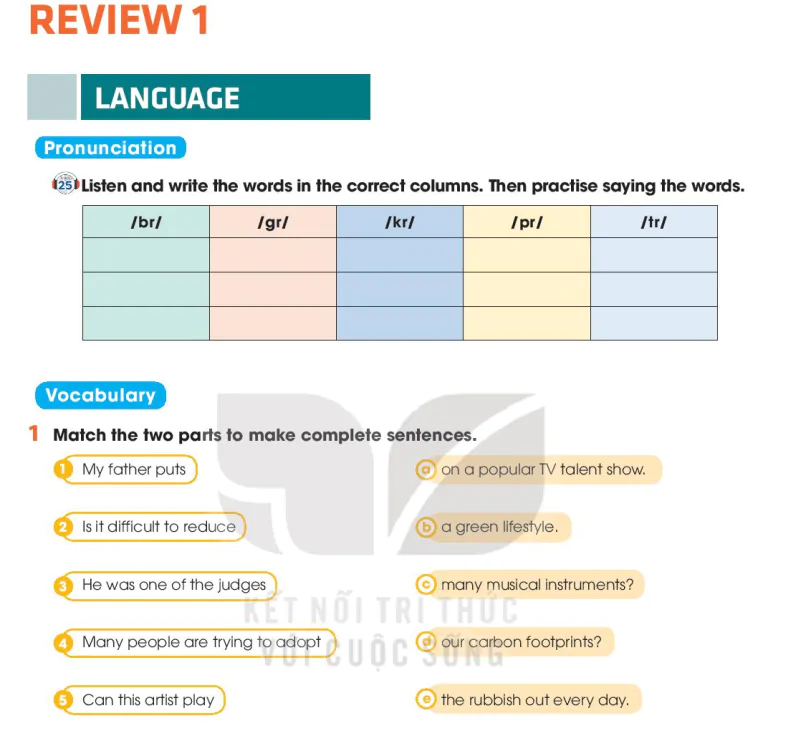
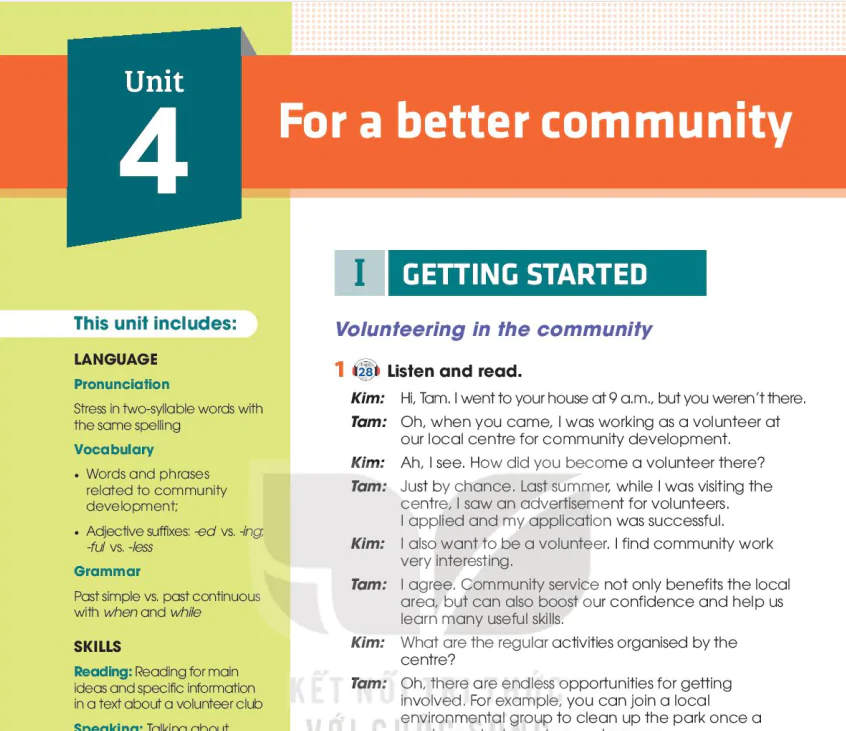
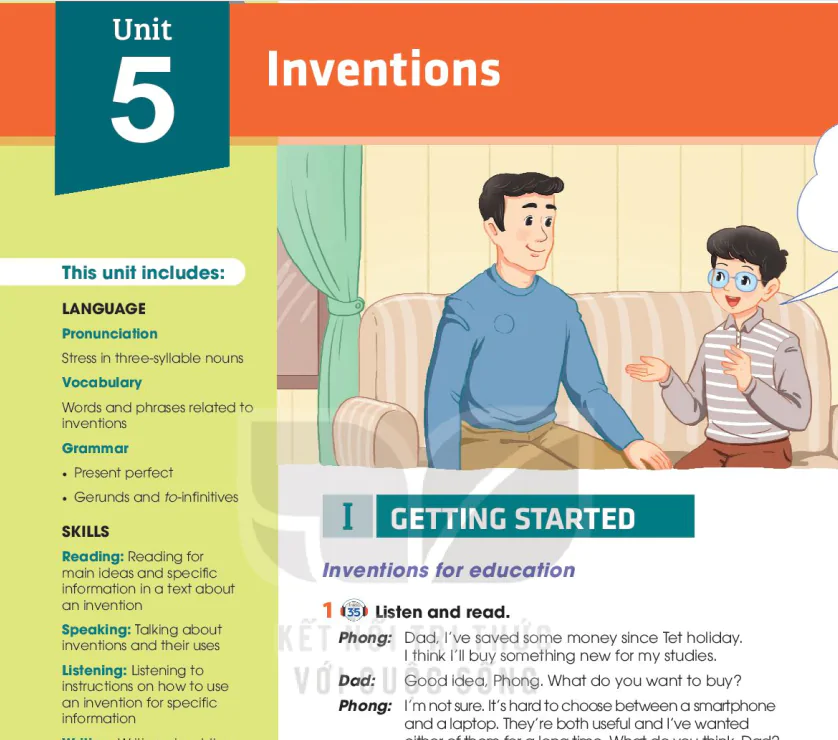
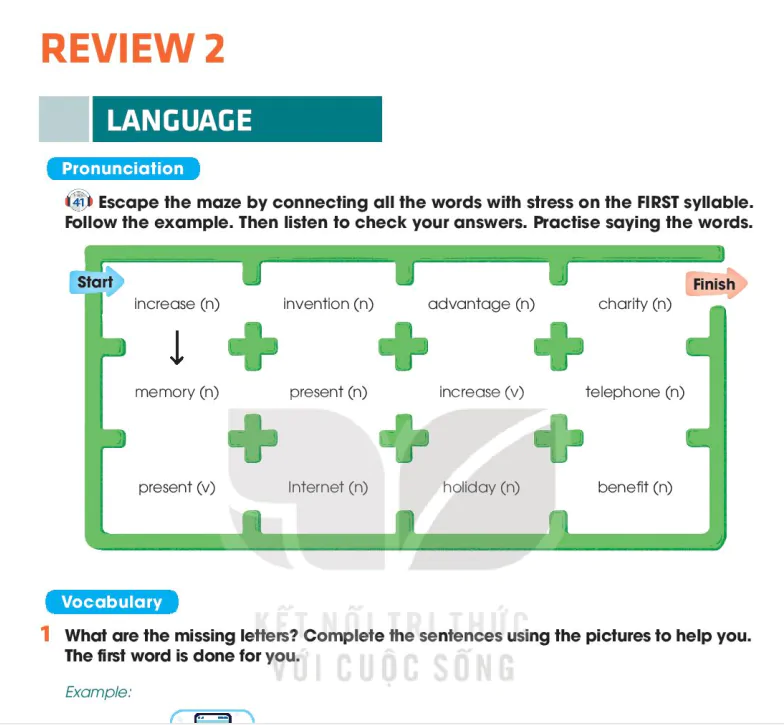
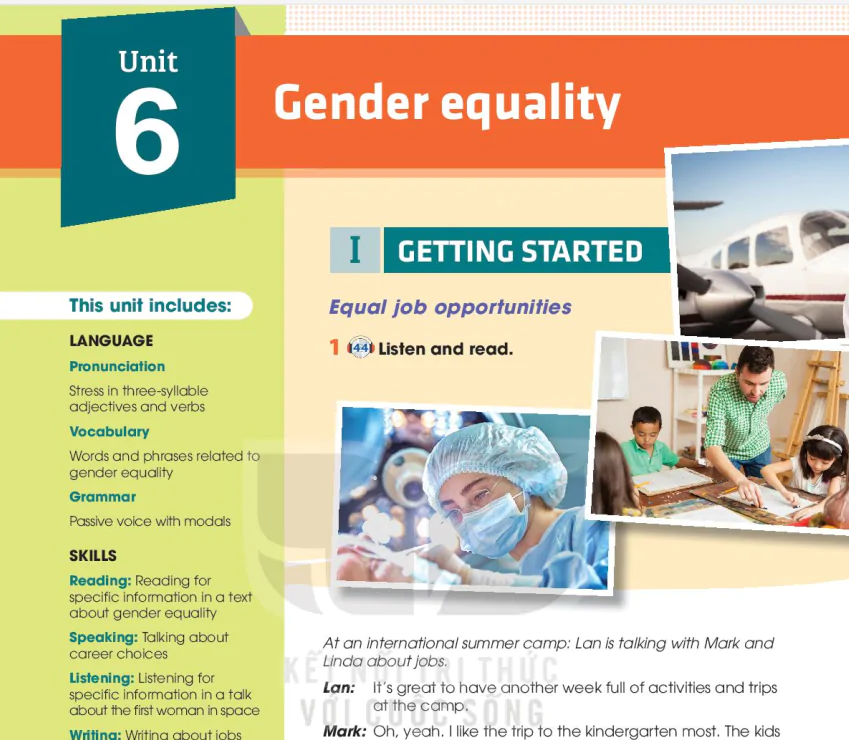
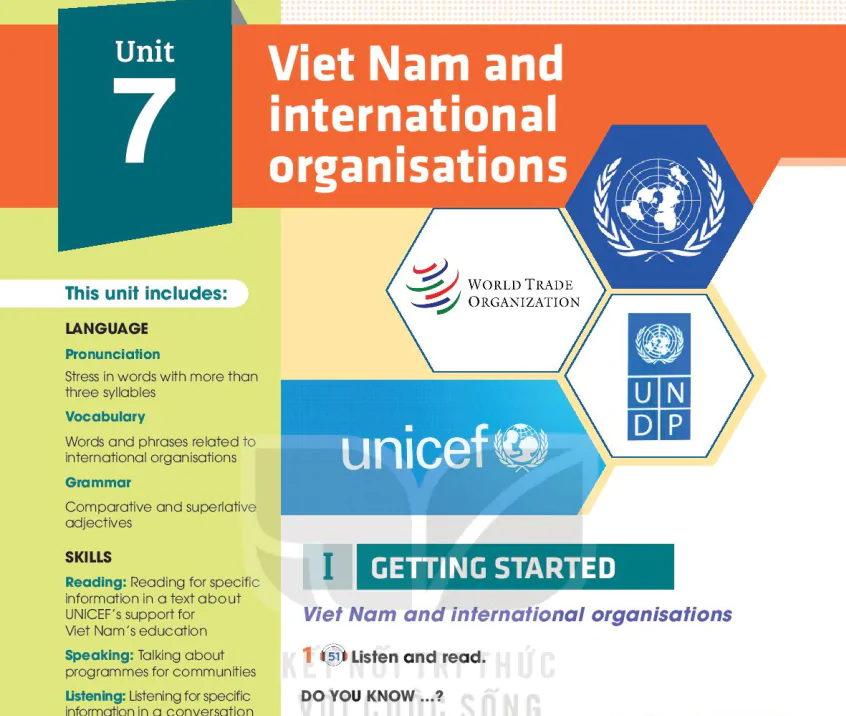
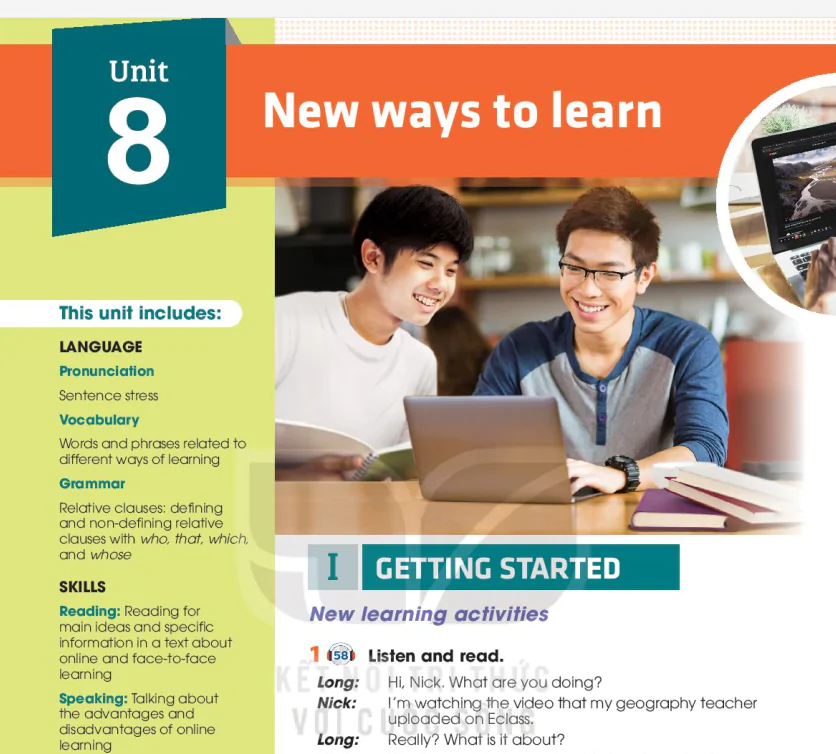
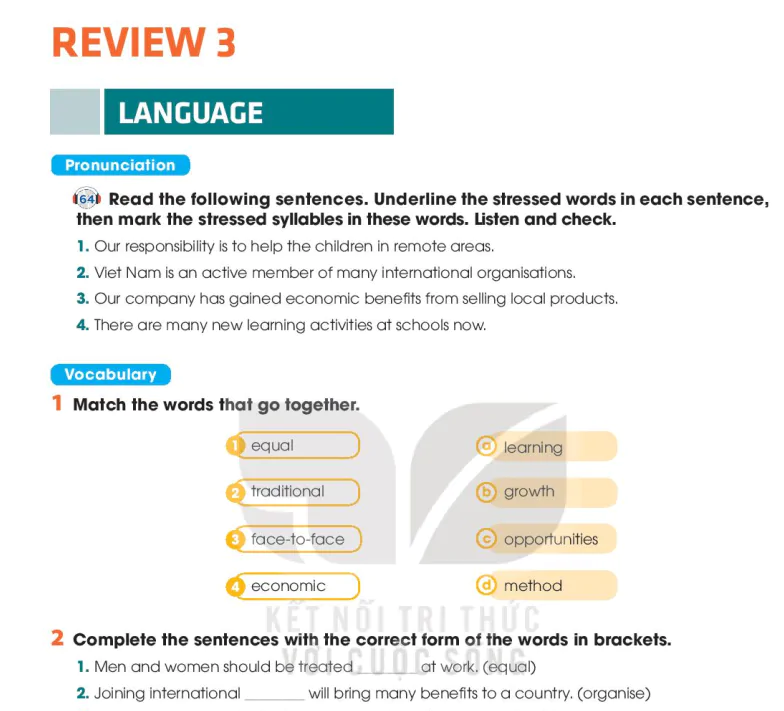
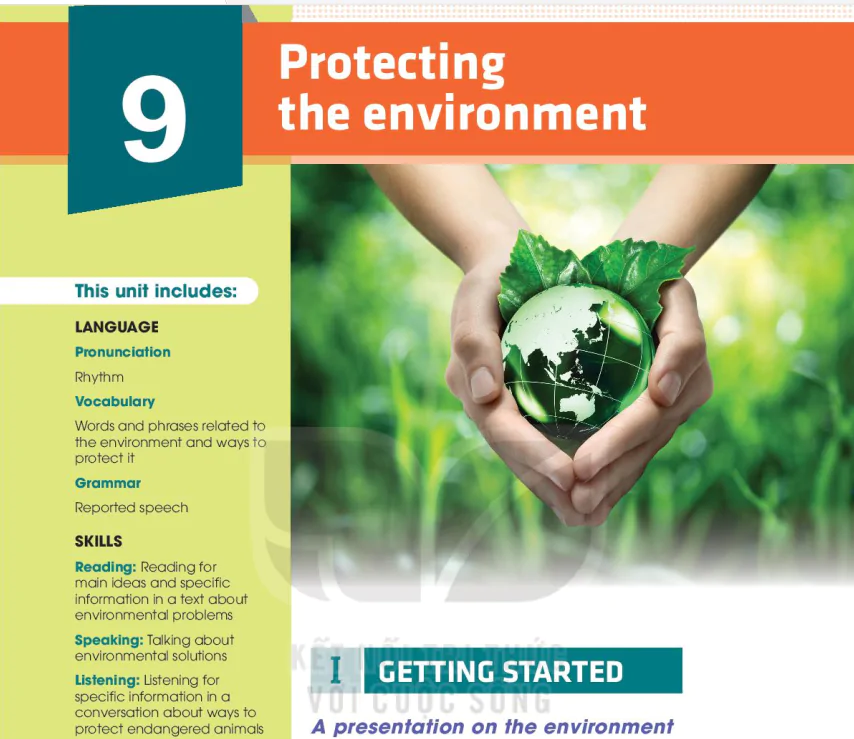
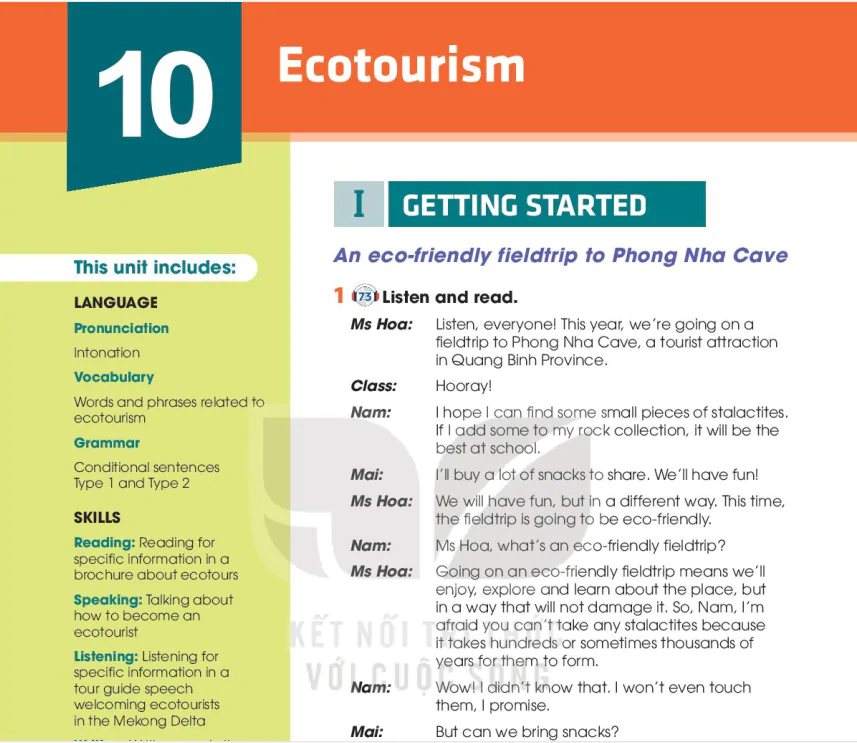
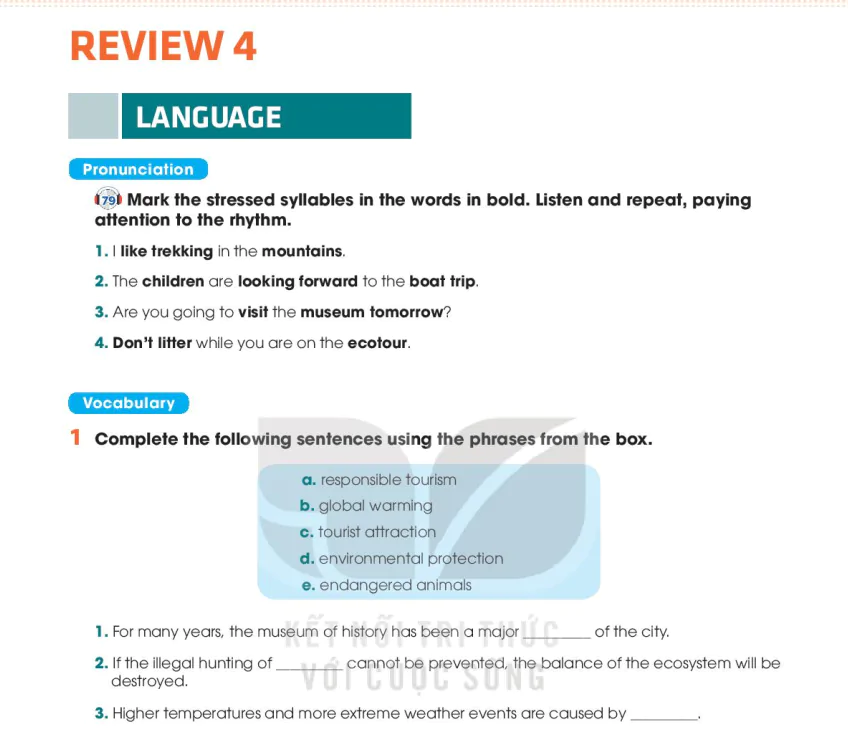
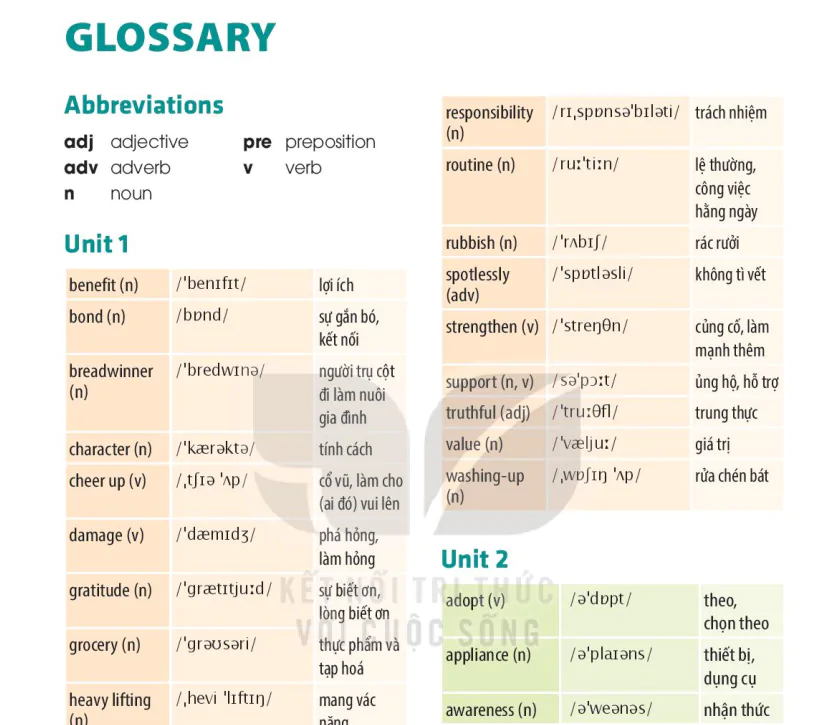
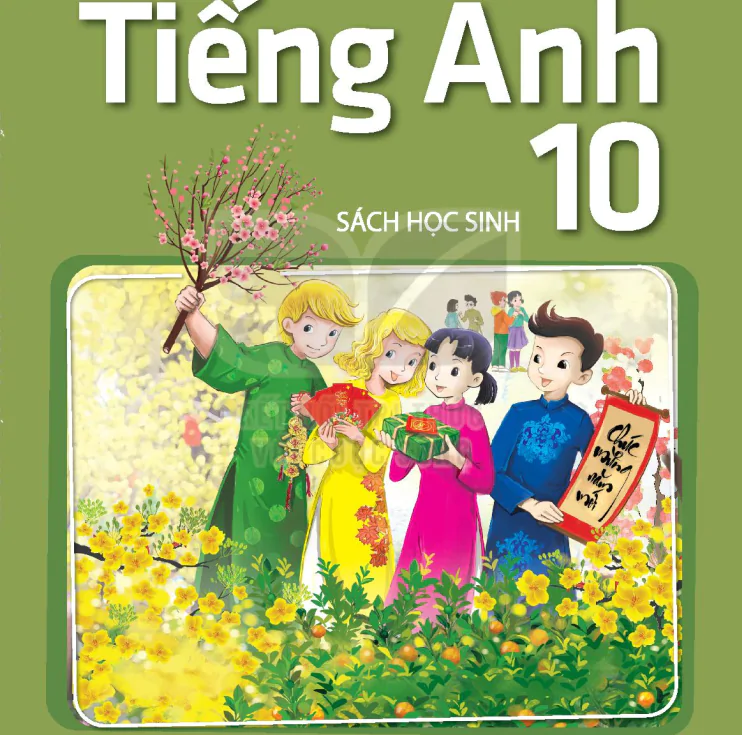

















Bình Luận
Để Lại Bình Luận Của Bạn